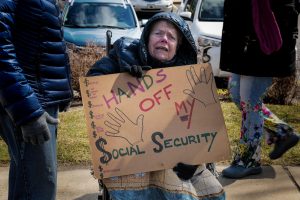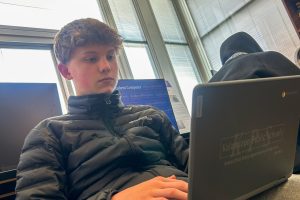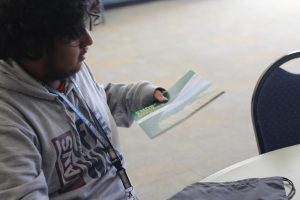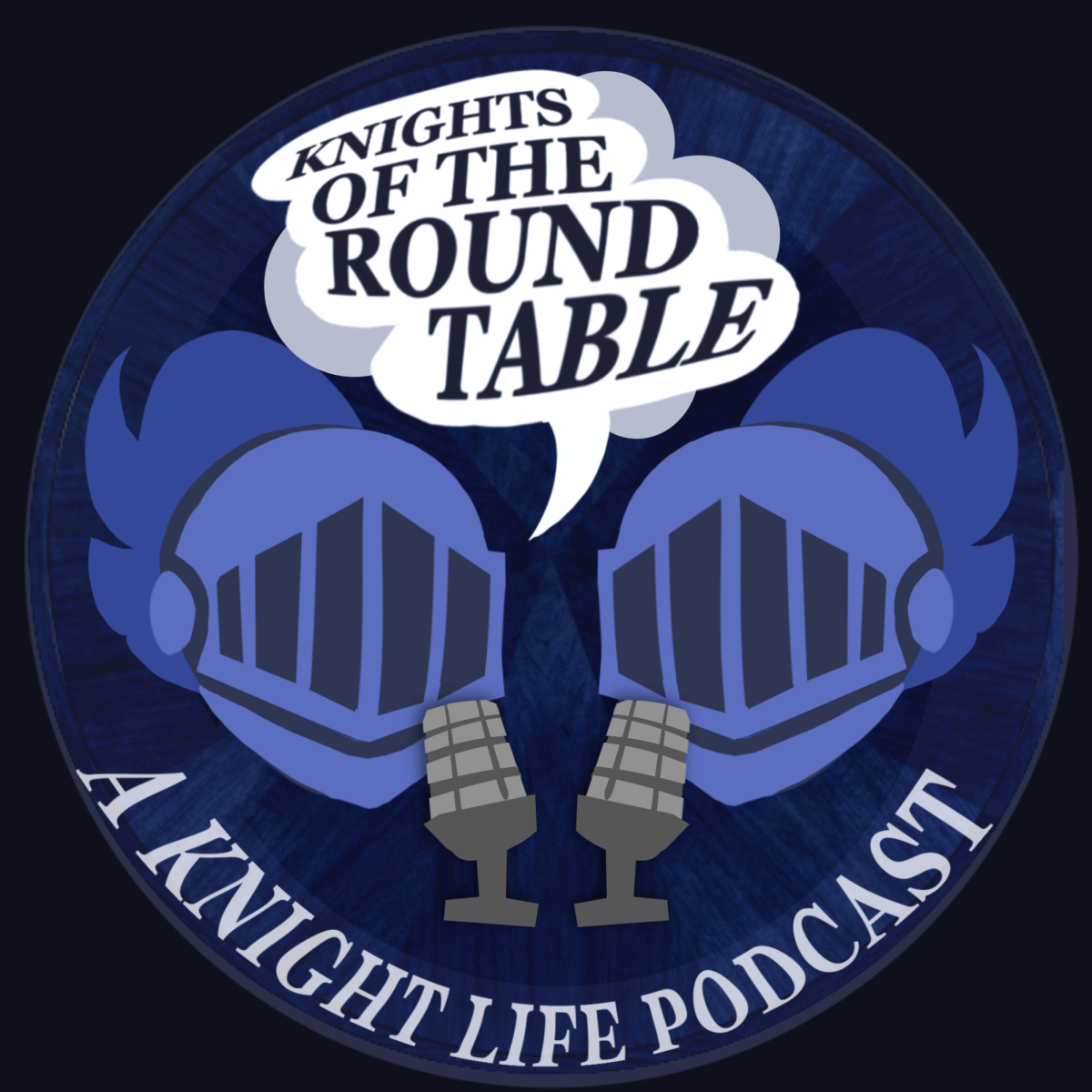Pride and Acceptance: The Importance of Programs and Support for LGBTQ+ Youth
June 6, 2019
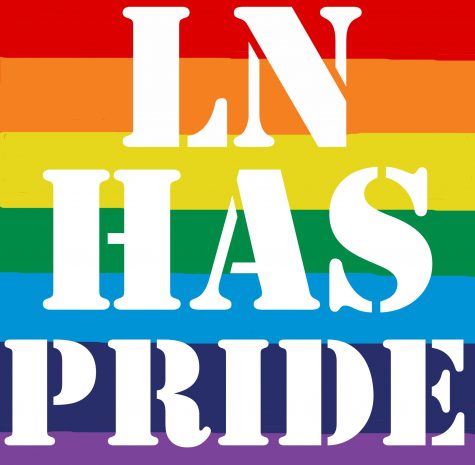
“I feel like people need to realize that those little things [homophobic phrases] lead to bigger things [mental health issues etc.],” said junior Emma Hilgart-Griff.
Hilgart-Griff recalled some of her own personal accounts of harassment for being a bisexual teen. She went on to say that there are several homophobic phrases that students only get a slap on the wrist for saying.
Harassment within high schools has always been a huge problem which is shown by several studies, including one 2015 survey by the National Center for Education Statistics which estimates that nearly 21 percent of students are bullied. Alarmingly, this number rises to 82 percent when you look at how many LGBTQ+ students report being verbally harassed, according to statistics found by a 2011 Gay, Lesbian & Straight Education Network survey. Bullying can lead to many problems like depression, anxiety and self-esteem issues.
“It’s easy to go through the world and feel isolated, especially if you’re different, so having a place to meet similar people is really helpful,” said Sarah Leineke, a math teacher at Norrix and Gender and the Gender Sexuality Alliance advisor.
Even though harassment towards LGBTQ+ youth is a huge problem in their everyday lives and educational careers, there are programs in place that provide LGBTQ+ youth with a place to feel safe and accepted. Programs like Youth, Gay and Lesbian Alliance Against Defamation (GLAAD) and the Gender and Sexuality Alliance (GSA) at Loy Norrix offer ways for youth to feel more comfortable and safe expressing their identity.
Leineke is a firm believer in the importance of GSA programs in all schools. The GSA here at Norrix aims to cut down on bullying or misunderstanding within the school while also educating everyone that attends one of the meetings.
“It’s a place to come in and meet people who have maybe been through the same things that you have,” said Leineke.

Leineke has been advising GSA and meeting with the members every Friday for the past 4 years. Over that time, the members of the club have conducted letter campaigns in which they write to government representatives, done presentations about various LGBTQ+ historical figures and movements, and has provided safe spaces for LGBTQ+ youth.
“I think straight people should get involved too if they want to learn how to be good allies,” said Hilgart-Griff.
Learning how to be an ally is something that Leineke and several other people fell is important. Allies are people who may not identify as LGBTQ+ but are very interested in protecting and advocating for the rights of people who are. According to Leineke, the GSA can be a great place for you if you’re just interested in becoming a better ally. Having friends that support you can be a real aid in the process of self-discovery when you feel like you may be all alone.
Leineke also wants everyone who considers coming to the GSA to keep in mind that you’ll fit in. The GSA isn’t only marketed to one crowd, and you don’t have to be a certain age, race or gender to join. It’s a place where multiple crowds can come together and share their experiences with one another.
The GSA meets every Friday for meetings and for more information you can speak to. Leineke in B21. Don’t count yourself out before you attend a meeting and see if you like it.




